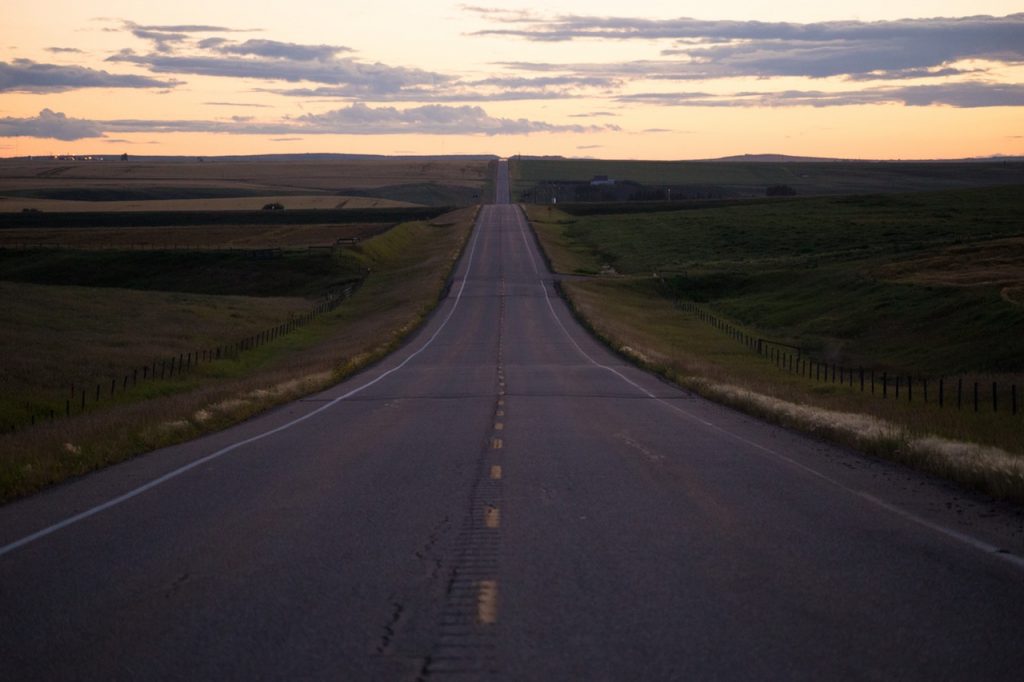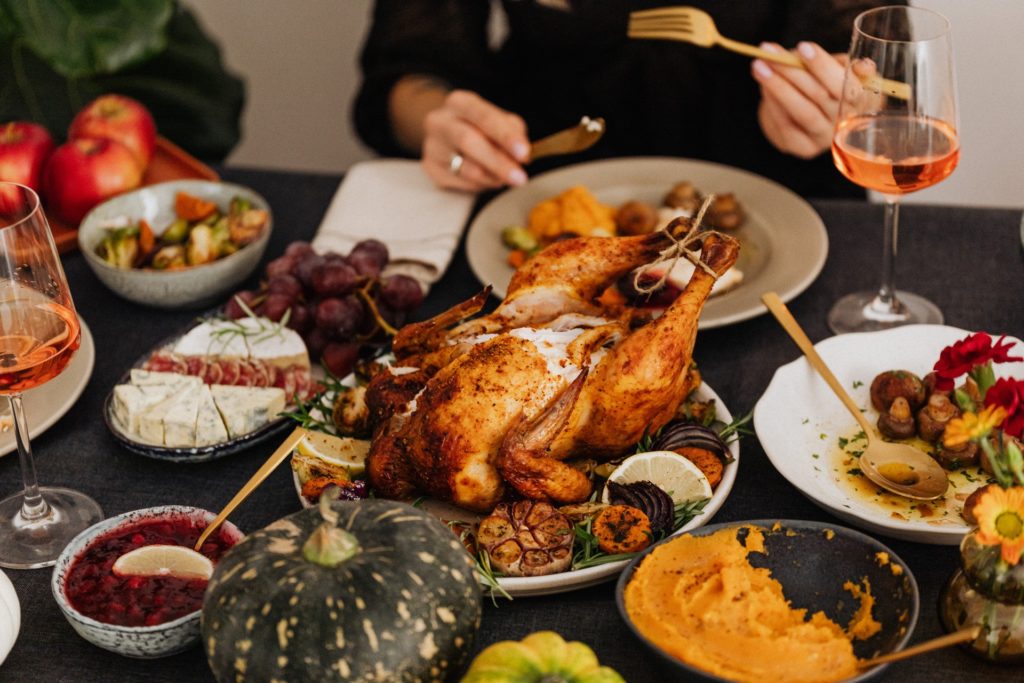Perception almost always outweighs science when it comes to wine.
I’ll fight anyone who says Cabernets taste the same in a solo cup as they do in a glass with a wide base and narrow top. I’ll cite some fact about oxygen (“oxygenation”) that I stole from a sommelier. I’ll die on that hill if you put my wine in some rinky-dink regular cup.
The science isn’t quite on board with me here.
Almost no one knows the difference between “good” and “bad” wine (except me. I know.). And when you talk to someone who sounds like they do it’s more that they know the culture around wine snobbery – which is the more important part for fitting in at parties and making sure people know you are, in fact, better than them.
The rituals around how to drink wine (swoosh, nose first, then check the legs, small taste (make sure you aerate!), then pretend to think about what you’re tasting), the jargon (legs, tannins, open, good nose), and the labels. Rarely do people tell you about the farming, but if you have the misfortune of sitting next to someone who purports to care about farming, they will not STFU about expensive vineyards they visited and conveniently ignore any useful facts about weather patterns and soil.
The difference between someone who actually knows what they’re talking about and someone who is showing off is in the tone. The snobs will mansplain things to you in a way that suggests they are better than you for being able to cite obscure varietals, remember whether 2009 was a “good year for Napa,” and allege to know facts about wine.
Someone who actually knows what they are talking about will never talk down to you.
They’ll help you.
The greatest strides I’ve made in both writing and wine were because people who knew more and knew better, gave me opportunities to learn without derision or mockery.
Sometimes you have to watch people squirm in ambiguity and tension in order to help them learn. With some helpful nudges from you (they won’t let you drive completely blind). It’s been the MOST sobering lesson for me personally in learning how to be a better instructor.
The amount of times I want to give students the “right” answer – Gah!!! I can’t even tell you. The only thing that stops me is remembering that it doesn’t work. When you give someone the answer, you steal their lesson.
The job of the person who loves wine and wants to teach you about it, is the same job of the person who loves words and wants to teach you how to use them: to create the container for you to learn your own lessons. To engineer your ah-ha’s and help you to see what they see, and then you can see for yourself.
If you follow me on Instagram you saw me tease a project I’m working on with Elizabeth Schneider from Wine for Normal People. I’m obsessed with what she’s doing (teaching wine in a way that’s accessible, empathetic, and devoid of snobbery because Elizabeth, like my favorite sommeliers, is actually having FUN).
We’ve been friends since I was on a podcast with her and our friend Darrah Brustein talking about getting comfortable with selling and self-promotion. We’ve been wanting to do something together ever since because the overlaps between wine and writing are 🤯 THERE ARE SO MANY.
Which is why Elizabeth and I are cooking up a live (virtual) event (tentatively) called, “Wine + Writing for Normal People,” where we do a little wine tasting and a lot of talking about feeling like an impostor, the practice of getting better, putting in the time, doing the work, and the MILLION other ways where wine and writing overlap.
We’re planning on an early December date, so keep your eyes peeled for an announcement from me on this.
Elizabeth is the founder of Wine For Normal People, author of the book Wine for Normal People (that Forbes and O Magazine insisted we all read), host of the super-popular podcast Wine for Normal People (8 million all-time downloads. Million!!), and terrible judge of character because she became friends with meeeeee 🍷✍🏻🥰.
There is never a reason to believe you are better than anyone else. I believe this about writing, about wine, and about any other thing you do in life. Anytime someone makes you feel lesser than that’s a sign that person feels lesser than.
We often make the mistake of feeling like there’s something wrong with us, when really there is nothing wrong with us. Not knowing whether a Pinot Grigio or a Sauvignon Blanc is the sweeter wine, or not being sure if there’s an apple/fruity base or more of an earthy one has nothing to do with how smart or cultured you are.
It’s also inconsistent with the science which, much to my personal experience’s chagrin, will tell you over and over and over – no one has any clue WTF they’re talking about with wine.
It sure is fun, though.
Bring your curiosity and bring your kindness. That’s what you need to enjoy wine and become a better writer.
Le’Chaim,
Margo
PS: I shared this image from Elizabeth’s Instagram on my Instagram Stories and y’all’s responses were hilarious. It’s a notebook that says, “Brilliant Ideas I Had While Drinking Wine,” and I WANT THIS NOTEBOOK.
To be clear: I’m in vehement opposition with the “write drunk, edit sober” trope, however, ideas while drunk is different from writing while drunk.
And drunk ideas are hilarious.
I’m trying to get Kristin Hatcher from Writing in Community to give everyone in her workshop a copy of this notebook and share one idea they wrote while drunk and we make a book out of it.
But because Kristin is a mature adult, she was like, “Margo, I think that book might just be called ‘college.'” and went on helping people write sober good books. FINE KRISTIN. TOUCHÉ.
Irregardless, check out Wine for Normal People and if you do decide to write down your drunk ideas, please send them to me and Kristin on Instagram.




